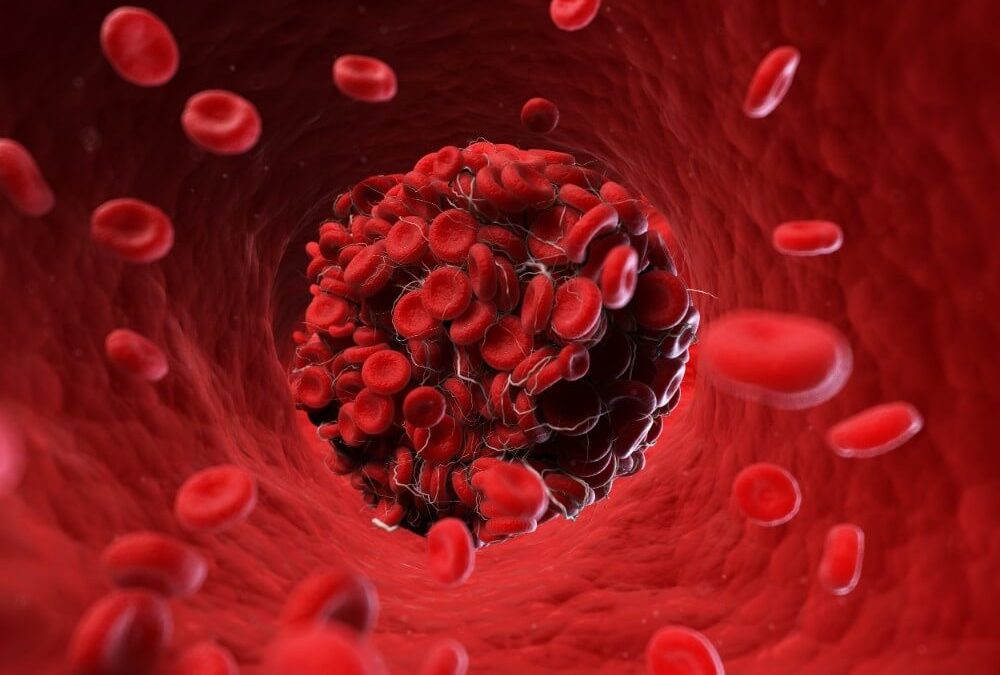Nattokinase, also known as natto extract (subtilisin NAT or orokinase) is an enzyme that is extracted and purified from a Japanese food called natto. Natto is made from boiled soybeans that have been fermented by adding the bacteria Bacillus subtilis natto. It has been used as a popular health remedy in Japan for heart issues for hundreds of years. It is not found in any other foods.
Nattokinase was first identified by Dr. Hiroyuki Sumi in 1980 while he was studying the clot-busting power of different conventional drugs. He decided to add some natto to a petri dish containing a blood clot. Unexpectedly, the clot was completely dissolved in 18 hours which was less time than the other drugs took that he was testing.
Nattokinase thins the blood, thereby improving blood flow, helps break up blood clots, improves circulation, reduces LDL cholesterol, increases HDL cholesterol, lowers blood pressure, and reduces blood viscosity. It is commonly used for heart disease, high blood pressure, high cholesterol, stroke, chest pain, deep vein thrombosis, atherosclerosis, varicose veins, peripheral artery disease, poor circulation, and nasal and sinus inflammation.
A study was done with 73 subjects who had untreated baseline moderate high blood pressure. They were randomly assigned to take either nattokinase or a placebo. At the end of 8 weeks, the subjects who took nattokinase showed a significant reduction in both systolic and diastolic blood pressure, compared to subjects in the placebo group.
Since the 1980’s, nattokinase has been extensively studied in Japan, China and Korea. However, only recently has Western medicine been studying and recognizing its powerful blood clot-dissolving properties and other potential health benefits.

